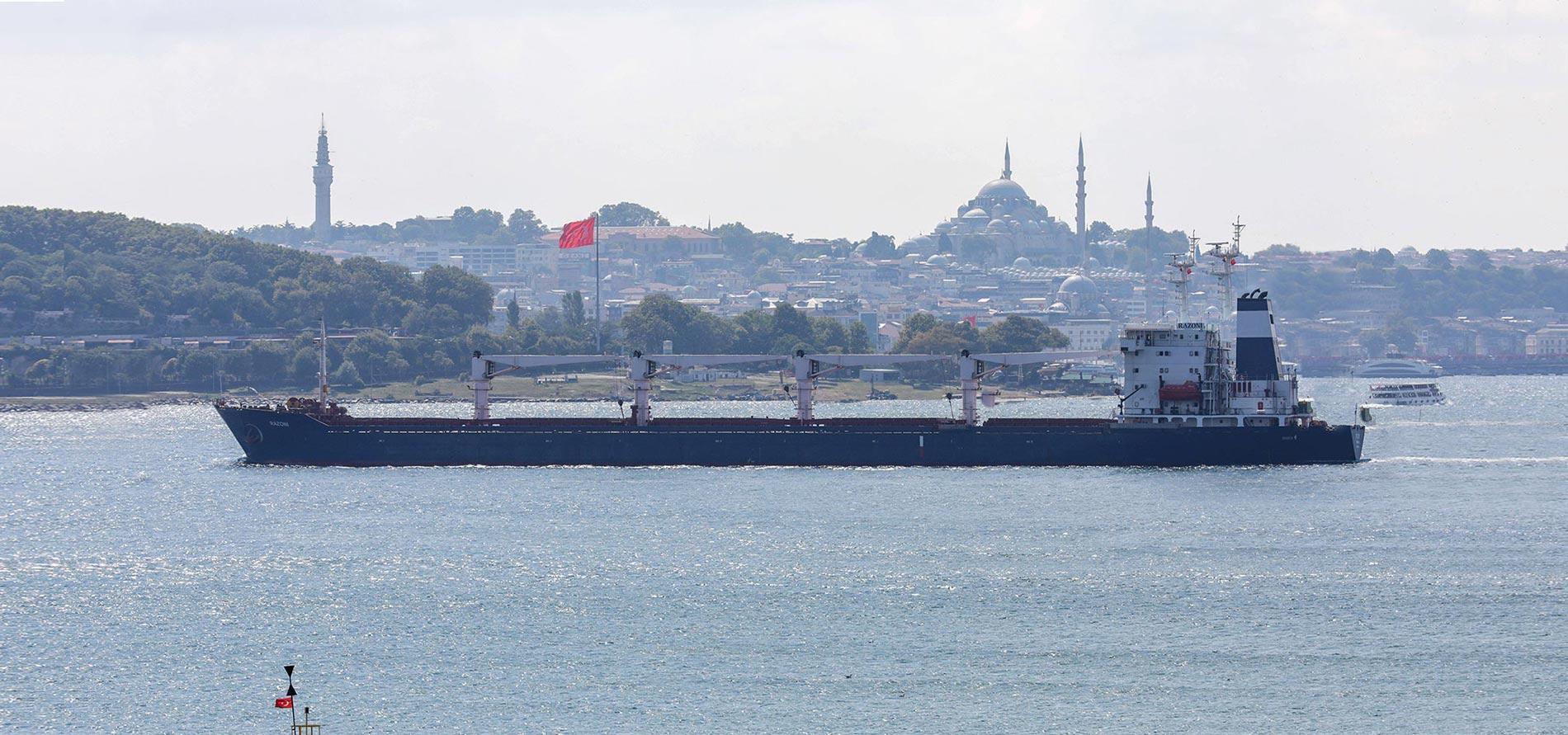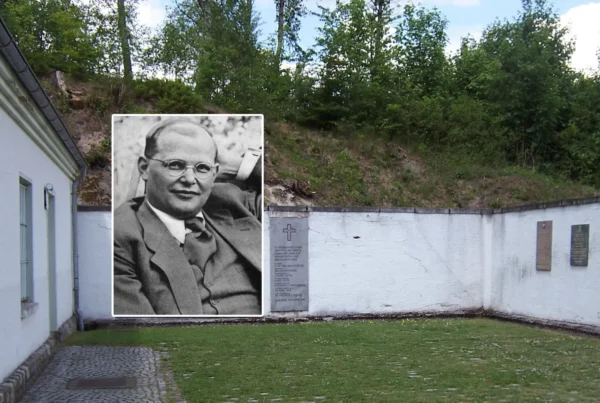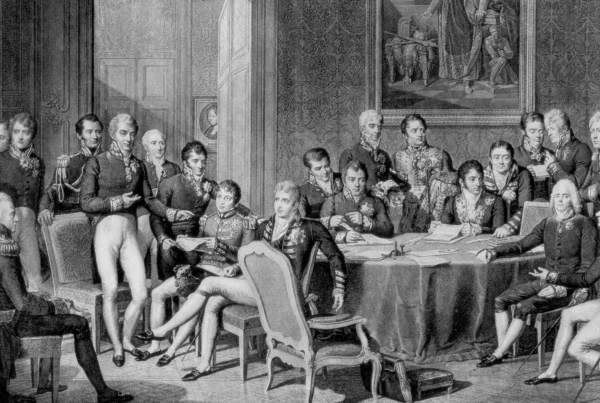Erdogan has successfully brokered a prolongation of the Grain Deal to mid-March 2023. Turkey’s President has seized this unique opportunity to mediate between Russia and Ukraine and is using this to improve his low approval ratings at home, while also boosting his tarnished image abroad. Will the war in Ukraine help Erdogan win the upcoming June 2023 general election?
Meric Sentuna Kalaycioglu, 30 November 2022
2021 was a difficult and complex year for Turkey’s President Erdogan on the international stage. The issues he had to deal with included:
- Turkey’s “grey” listing by FATF (the Financial Action Task Force)
- Renewed tensions with Greece in the Eastern Mediterranean. Greece had the backing of the US, Europe and regional actors for its maritime interests including its energy claims
- The Ambassadors Crisis which resulted from Erdogan’s calling for the expulsion of ten ambassadors, seven of whom were from NATO allies, over their demand for the release of jailed pro-democracy businessman and civil society activist Osman Kavala.
- Strained relations with Russia over detained Crimean Tatars
Lord Palmerston famous quote regarding international relations and diplomacy fittingly describes Turkey’s diplomatic overtures and activities since the beginning of the Ukraine crisis. “There are no permanent enemies, and no permanent friends, only permanent interests.” Turkey was and is not without ‘friends’.
At the beginning of the Ukraine crisis, China, India, Israel, Turkey and the United Arab Emirates were eager to assume the role of intermediary, as they all had good relations with both Ukraine and Russia. Among this group Turkey’s mediation efforts successfully prevailed owing to its deep-rooted geopolitical history with both, as well as a shared maritime border and economic ties. On top of that Turkey has been a member of NATO for 70 years, giving it a unique position in relation to other candidates. Turkey was not bound by the EU’s sanctions against Russia, which would have constrained its diplomatic efforts and changed the nature of its economic and financial relations with Moscow.
Ankara, well aware of its uniqueness, enthusiastically made efforts to cast itself as the main mediator. On day 15 of the invasion, Antalya Diplomacy Forum, an annual conference on international diplomacy held since 2021 in Antalya where policy makers, diplomats and academics as well as around 3000 registered participants from 75 countries exchange ideas on global issues across several sessions, witnessed the first high-level peace negotiations, although no agreement was reached. The Forum was followed by another round of meetings in Istanbul where no major breakthrough on the main issues occurred.
The climax of these continuous mediations was undoubtedly the Grain Deal, officially known as the Black Sea Grain Initiative. This deal between Ukraine and Russia was brokered in Istanbul in July 2022 by Turkey and the UN and permits safe passage of Ukrainian grain and foodstuffs as well as Russian fertilizers for the first time since the invasion of Ukraine. As of 17 November, as reported by the Joint Coordination Centre established under the auspices of the UN in Istanbul, a total 471 outbound ships have exported around 11.2 metric tons of grain and other foodstuffs from three Ukrainian ports, helping to avert famine in developing countries which depend on wheat imported from Ukraine. The deal has recently been extended for four months, expiring in mid-March 2023.
There are several explanations as to why Erdogan has been actively seeking a dialogue between Kyiv and Moscow. It is clear that he wants peace. However, it this crisis cannot solved and peace achieved by one person alone. All parties involved will reap the political and economic benefits of President Erdogan’s mediation efforts. Turkey’s diplomatic effort continues to benefit not only the warring parties but also the US and the EU.
Firstly, Turkey’s engagement as an impartial party enables the communication channels to stay indirectly open and available to the West. Secondly, while Turkey was not Russia’s first choice as mediator owing to its NATO membership and supplying of armed drones to Ukraine, Moscow sees Turkey as a redirection hub for its sanctions-idled gas pipelines and a haven for its trade and cashflow. This is due to the fact that Turkey did not impose any substantial sanctions against Russia. Thirdly, although there are hints of occasional discontent expressed by Kyiv regarding Ankara’s diplomatic initiatives, ultimately Turkey provides Ukraine with crucial arms such as the weaponized drones which played a key role in halting Russian advances in the early stages of war. Last, but not least, Erdogan’s has gained both internationally and domestically from his mediation.
Erdogan passionately insists on maintaining his role as peace-broker in order to rebuild his image in the eyes of the international community while underlining Turkey’s importance to NATO. For Erdogan, the international publicity that he has been receiving for months has served as a ‘remedy’ to the negative perception of Turkey in the West which started to manifest itself especially after the 2013 Gezi Park protests. These anti-government protests were aimed at stopping the destruction of the Gezi Park in Istanbul to make way for the construction of a replica of the Ottoman-era Taksim Military Barracks and a shopping mall. The forced eviction of protesters from the park and the harsh response of the police against civilians sparked an unprecedented wave of mass demonstrations across Turkey.
The significant economic turmoil Turkey has been experiencing since 2021 was exacerbated by the war in Ukraine. As the general elections approach in May 2023, Erdogan is using his mediation achievements to draw his loyal but now-poorer electorate’s attention away from their dire economic situation and to gain the support of first-time young voters. He is positioning himself as a high-profile, problem-solving President to achieve political victory in May 2023. Meanwhile, Turkey continues to try and mend its economy by increasing its trade relations with Russia, Ukraine and its Western allies.
Russia’s invasion of Ukraine has provided Turkey a unique opportunity to use this crisis to consolidate and improve its position in the international arena—in its own interests. As long as Ankara keeps on carefully implementing a strategically balanced and tactical diplomatic strategy, Erdogan can win both globally and locally. A win-win situation.







